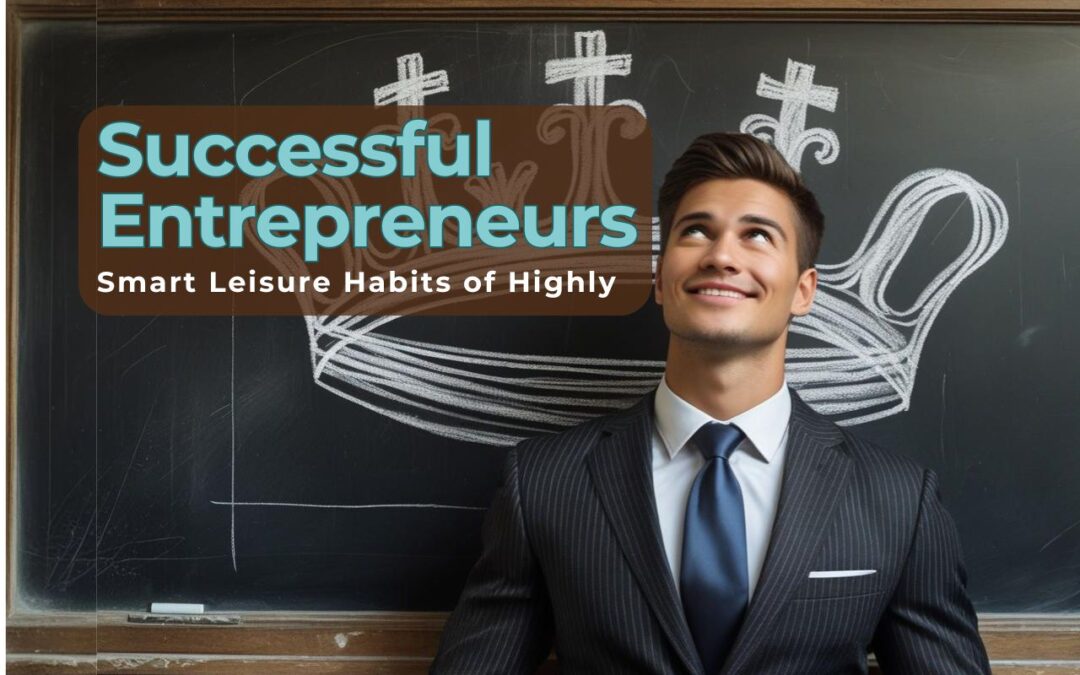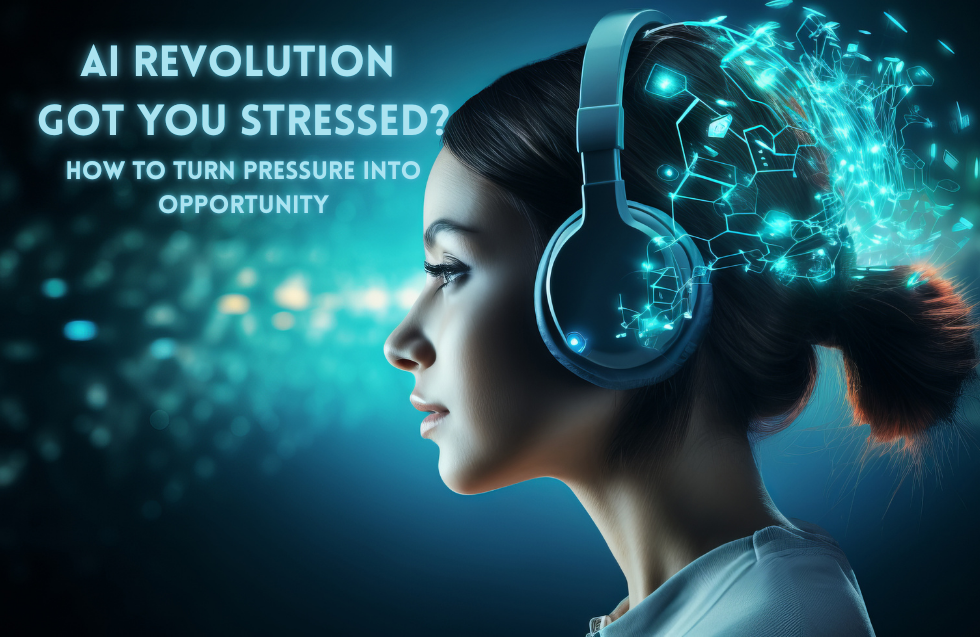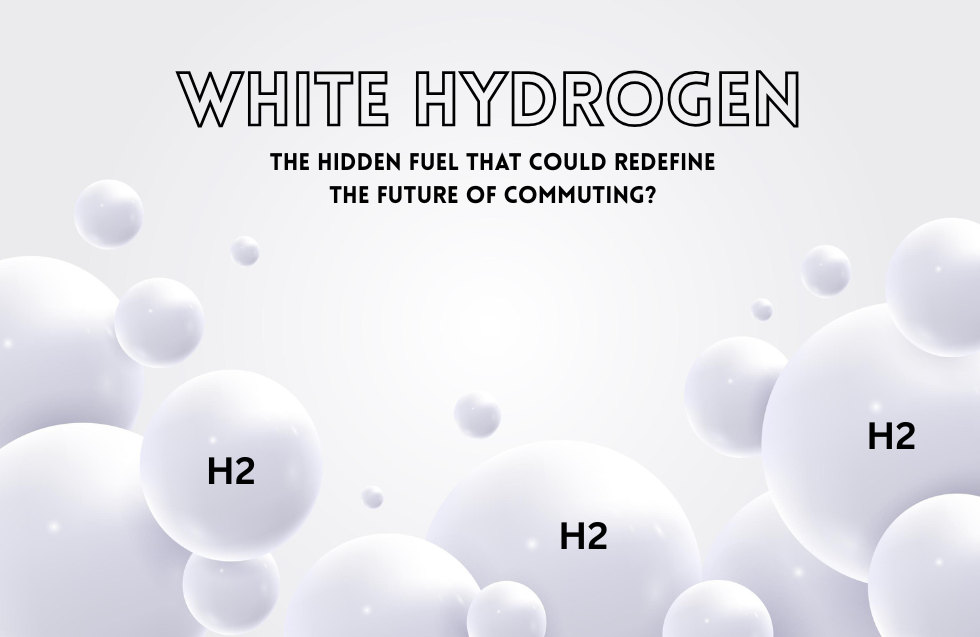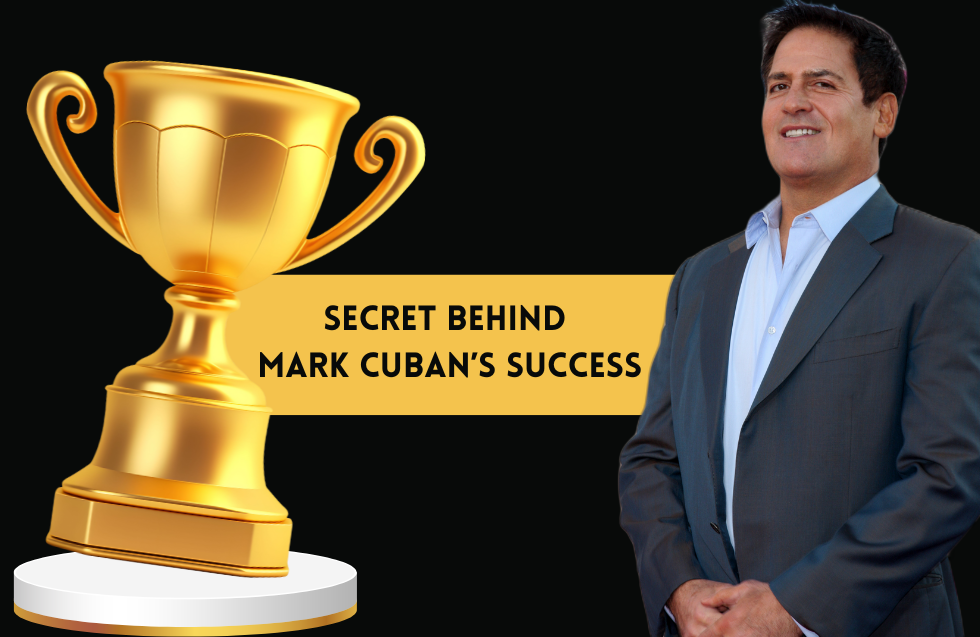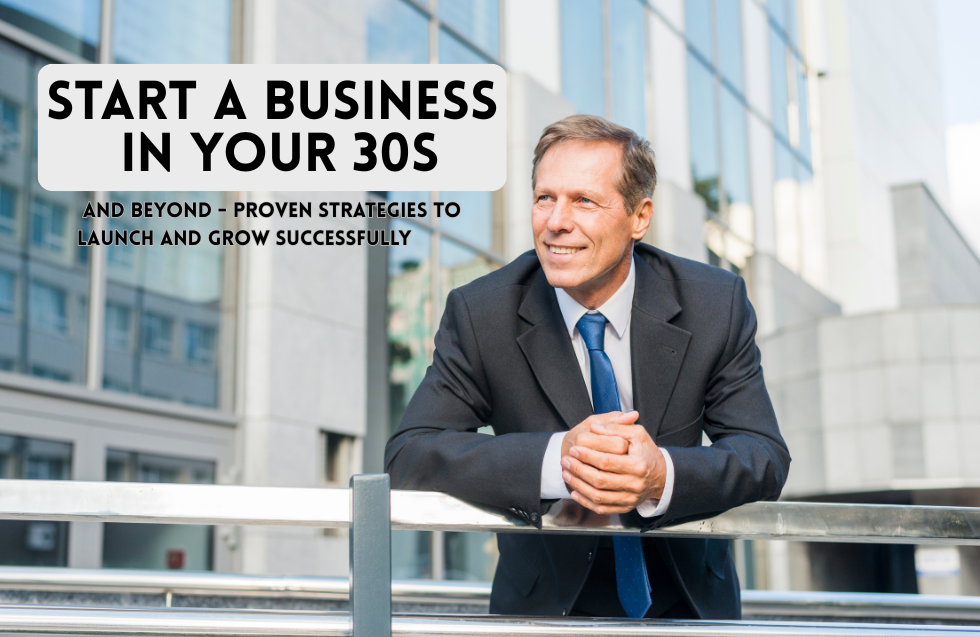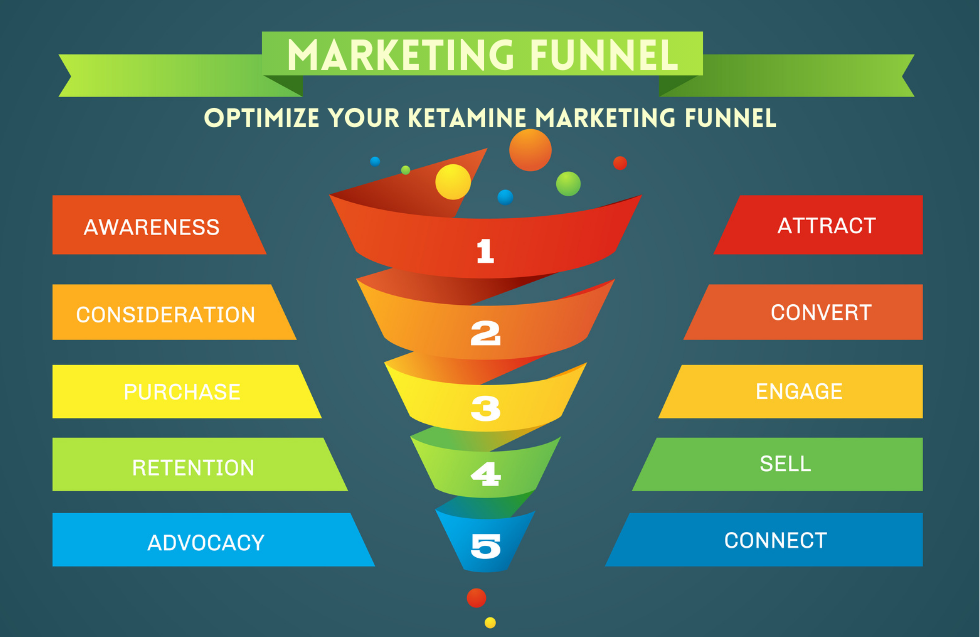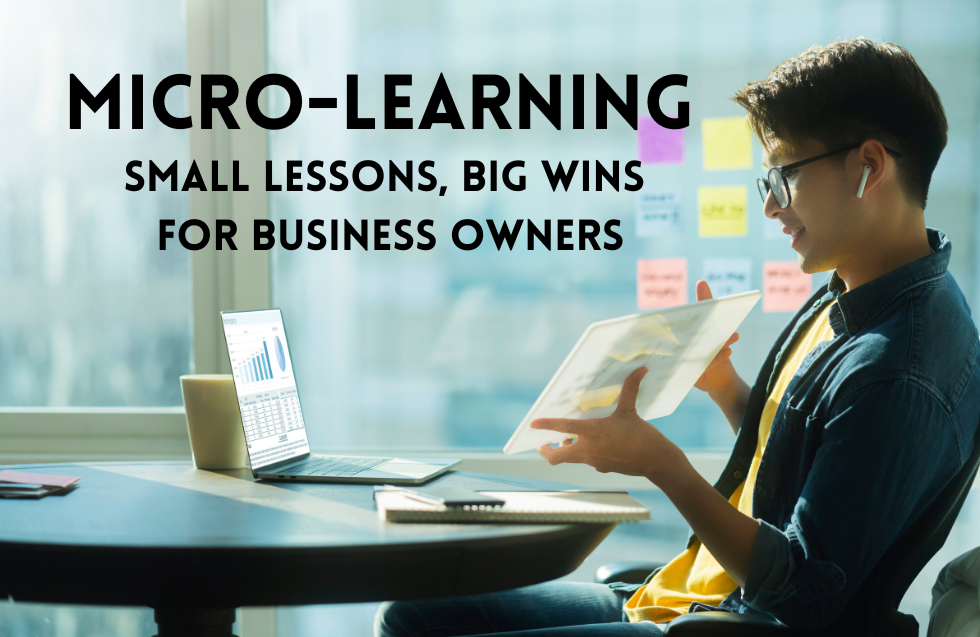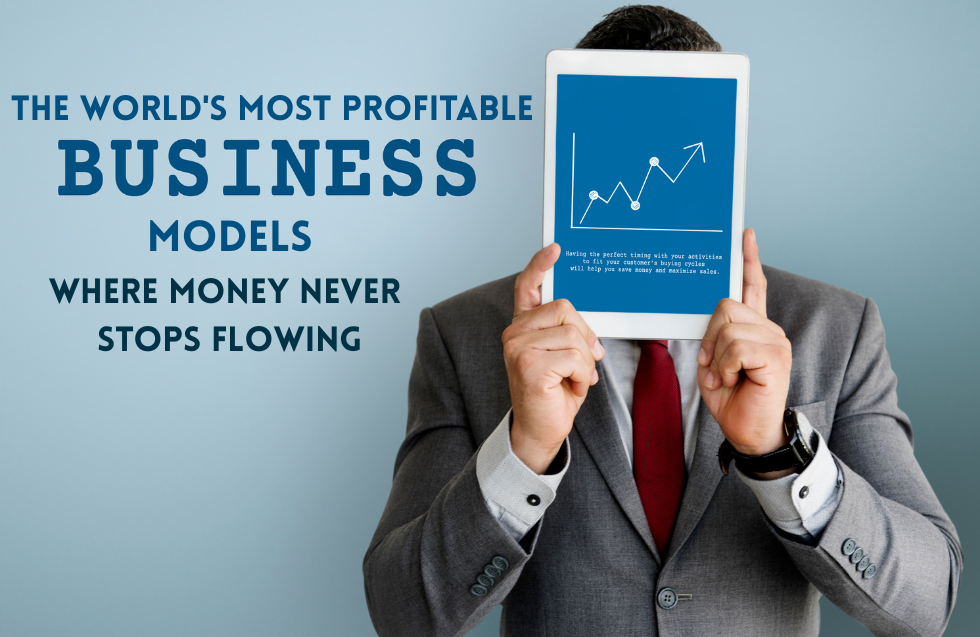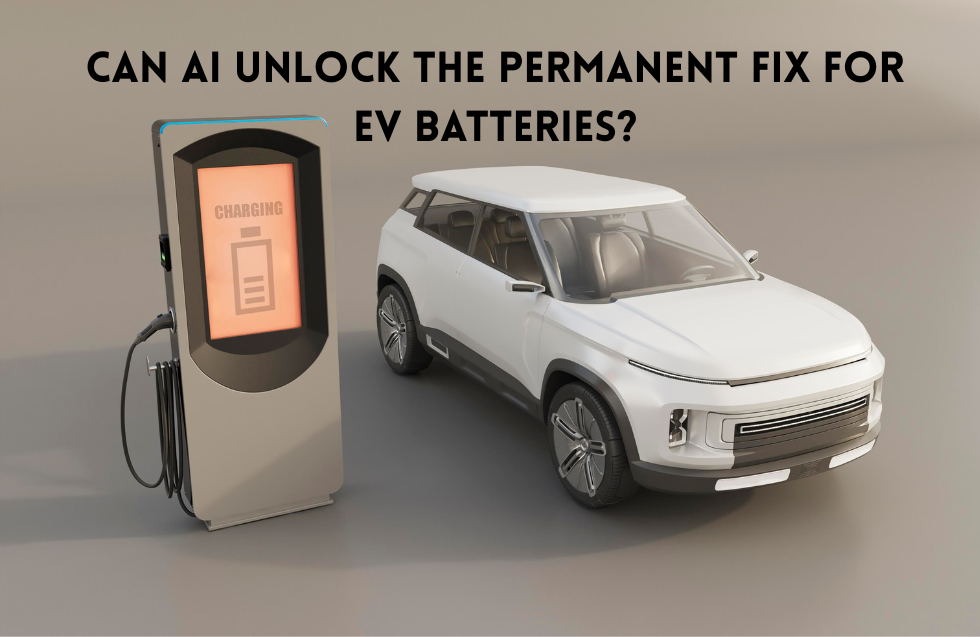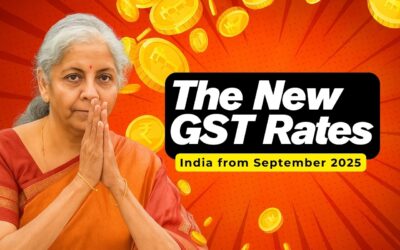We picture the most successful entrepreneurs, business leaders hustling 24/7 by responding to emails as soon as the sun is up, having back-to-back meetings, and burning the candle at both ends. The actual secret to their long-term success is not grinding nonstop, but leisurely activity – including intentional breaks, as well as thoughtful leisure time that restores our focus, fosters creativity, and conserves emotional energy. Let’s look a little closer at how high-performance people actively version in leisure to leverage their downtime for competitive advantage.
Why the Hustle Isn’t Enough
Hustle culture romanticizes endless grind. But current science and actual examples demonstrate that hustle without rest results in burnout, bad choices, and decreased creativity. For truly successful entrepreneurs, greatness isn’t rooted in hours spent working -it’s rooted in loops of intense work and conscious rest. Recreation becomes a tool, rather than a distraction, and one of the most intelligent productivity hacks they employ.
Recreation becomes a tool, rather than a distraction, and one of the most intelligent productivity hacks they employ.
1. They Prioritize Active Rest
Not all rest is passive. Research has shown that physical activity (especially walking) improves accuracy and recall, improves thinking and processing of information, and reduces stress as a physiological factor. Each of these breaks offers a little reset and promotes enhanced creativity. Studies indicate that movement (more specifically walking) awakens and sharpens remembering, supports thinking and processing, and can reduce some amount of stress. These breaks help create small resets and sometimes lead to more creative thinking at habitual stuck points.
2. They Incorporate Reflection into Their Week
Some of the most valuable insight comes in times of downtime. Leaders like Bill Gates have made headlines surrounding week-long “think weeks” to unplug and plan. Entrepreneurs write down thoughts each day, meditate for wisdom, or have quiet evenings alone to look over choices and direction. These habits supply new thinking, greater self-knowledge, and strategic coherence.
3. They Guard Sleep as a Core Asset
For many successful owners, sleeping is not an option. Sleep is the leader’s fountain of youth. Jeff Bezos was probably limited more by sleep deprivation than a failure to plan. Sleep is a required course of action for all stressed human beings as a buffer from erratic and reckless decision-making. Sleep will always improve memory, empathy, and clarity of thought. Leaders are able to keep the tail end focus on critical components of work by setting sleep hygiene patterns, reducing screen time in the evening, and embracing consistency within timing (regular sleep time and waking time, so that no “robbing” sleep).
4. They Plan Relaxation with Intention
One of the main differences between overworkers and high achievers is the way they use free time. To them, leisure time is scheduled like any other business appointment -non-negotiable and always kept. Whether it is a weekend dinner with family, time with a hobby, or a walk alone, they guard these blocks of time. This type of scheduling is a strong message: rest is equal to work productivity.
5. They Make Play an Innovation Practice
Play isn’t aimless, it’s cognitive fuel. Innovative businesspeople value open-ended recreation that stimulates other areas of the brain: painting, games, fiddling around, music, or sport. Scientists find that breakthroughs occur less often in focused periods of work but in casual, playful activities. Play promotes lateral thinking and emotional stability, which we need to bear uncertainty as we create from abandoned boxes.
6. They Value Human Contact as Rest
Quality social time qualifies as intense rest. Sharing a meal, taking a walk with a friend, or talking with a mentor allows successful business people to blow off steam emotionally and realign their reason. These social resets engender empathy, decrease isolation, and remind them why they created their vision in the first place, making them more centered leaders.
7. They Practice Digital Detox with Discipline
Entrepreneurs who enjoy sustained success draw boundaries around technology. They plan no-tech weekends, restrict notifications in the evenings, or enjoy screenless mornings. By breaking the cycle of perpetual notifications, they take back mental space. This distance powers presence, minimizes worry, and avoids mental overload.
8. They Optimize Micro‑Rituals for Daily Recharge
When we plan micro-leisure activities at different times during the day, we are less likely to run out of energy or become fatigued. Small habits – like taking a stretch break every hour, sipping tea purposefully, and pausing to intentionally take deep breaths in between tasks – are tiny resets throughout the day. These micro-routines snowball into a robust focus level and diminish decision fatigue after a long work day.
9. They Use Travel for Perspective and Reboot
Most successful entrepreneurs view travel as something greater than a holiday; it’s mental rejuvenation. Nature getaways, weekend city getaways, or quiet retreats assist them in shattering ingrained thinking, generating ideas, and refocusing on their mission. Even short environments of change tend to bring clarity and reinvigoration.
Prioritizing Out-of-Sight Habitual Leisure and Play
Long-term Emotional Resilience:
Positive uses for free time engage us physically and enable us to do something fun; it may also help avoid future stress layers, which is essential to every single day being emotionally resilient over an entire lifetime. Active rest is something many successful entrepreneurs do often to revitalize themselves; for example, walking, yoga, light sports, and outdoor activities often provide positive renewal without too much mental focus.
Sustained Productivity: In most instances, leisure is not rewarded with discontent but with a measure of stable performance rather than the ups and downs of cyclical performance.
How to Start Doing This Week
- Select one healthy habit: going for a walk, turning off all devices after dinner, or writing for five minutes.
- Put it in your calendar: Make it a meeting with yourself: you cannot miss it.
- 3. Observe any of these changes: what happens to your mental clarity, energy, or creativity?
- Try out different things, and refine: Pay attention to what restores you best, and do it again.
- Starting small doesn’t sound revolutionary, but regular rest with purpose usually brings surprises.
Final Thoughts: Redefine Rest as Strategy
For successful entrepreneurs, leisure isn’t optional; it’s essential. It’s not about doing more. It’s about performing better. It’s important to realize, when you intentionally create the space in your schedules for rest, play, connection, and sleep, it isn’t actually slowing you down – it’s helping you scale better!
Success doesn’t come from fully exhausting your potential – it comes from replenishing it.
Select one leisure habit to test out this week. Schedule it, defend it, and note the change it creates. When your rest is purposeful, your energy is sustainable, and you receive more power out of every opportunity, beyond the hustle!
Just remember: Your best work comes from a balanced life. Now go construct your next rise, inside and out.
